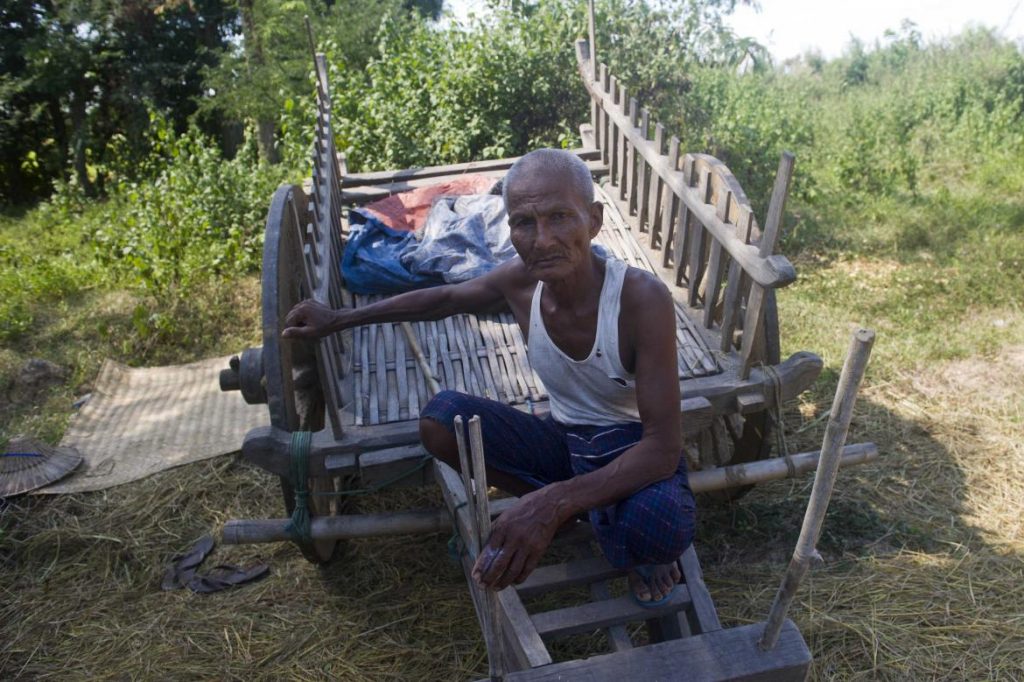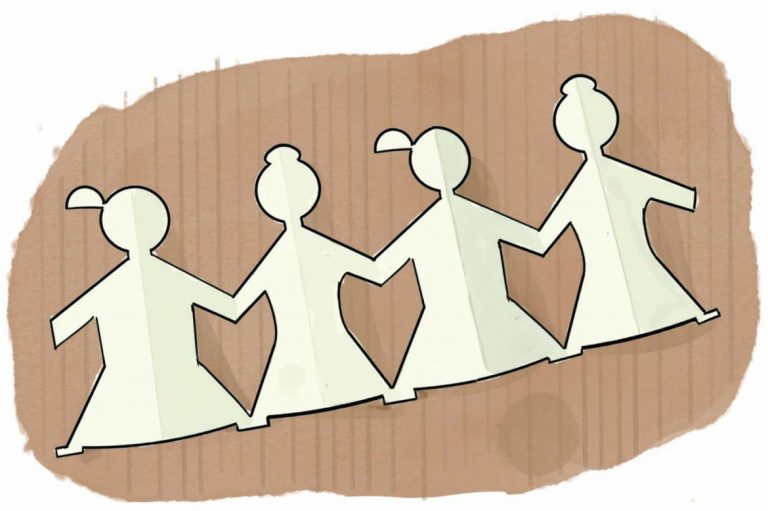For many people in Myanmar, respect of elders and people of higher social status is expected automatically, but this mindset is unlikely to be particularly useful for the country’s development.
By KHAING TUN | FRONTIER
MANY FIGURES of authority in Myanmar, particular among the Bamar majority, consider themselves entitled, or privileged, because of their social, financial or professional status. And some, because of their seniority in terms of age, have demonstrated difficulties in allowing younger people or those from less privileged backgrounds to express any criticism towards those considered among the country’s “elite”.
In Myanmar, younger people and those from a lower social status are expected to automatically grant respect to more senior figures and obey a myriad of rules and orders – social or otherwise – given by those who consider themselves wiser or more mature. As my mother would say to me when I was younger: “No ‘buts’, no arguments, and do not question my authority.”
My mother was not the only figure of authority who applied this rule. I remember watching elderly family relatives, school teachers, neighbours, and even some doctors who practised the “respect authority” mantra without question. In reality, this viewpoint is even stronger towards those such as domestic helpers or workers who are considered to be from a lower social setting.
As I regularly deal with politicians or “elite” members of the Bamar society, I often find myself asking if they truly understand the difference between courtesy and respect. As I understand it, courtesy involves being polite to someone, even if you don’t necessarily respect that person. Respect is genuine. One can of course fake respect by being overly courteous – something I have occasionally done growing up to avoid confrontations, especially among relatives – but there is a significant difference between the two.
Support more independent journalism like this. Sign up to be a Frontier member.
Many Bamar are genuinely very courteous, which is a valuable trait, but I have also noticed that some can be overly courteous towards those they consider to be of social significance, in order to let that person feel more important. There may be many reasons why this behaviour manifests, but unfortunately many extend this overly courteous behaviour only to those in privileged positions or those considered as authority figures.
I recall one incident about a year ago at Nay Pyi Taw General Hospital. I was one of many patients sitting in the corridor, waiting for the eye doctor to arrive. Many of the other patients had bandages over their eyes and appeared to have limited financial means. When the doctor finally did arrive, one of the nurses rushed forward to take the doctor’s bag, smiling and nodding more than appeared to be genuine. The doctor strolled along the corridor, not even offering a glance to his patients.
For many Bamar, respecting difference is not part of the learning process, and is not something that many regard as a crucial social element.
It is always useful to receive advice from authoritative figures such as parents, teachers and monks as to why we should be courteous and respect others. However, they should also be careful in the choice of words being used and the tone of voice, which shouldn’t be condescending or as if they are giving a lecture.
Fortunately, and despite my mother’s strict rules as well as rigid rote-learning at school, our father taught us about the importance of genuine respect. He would say to us, “Respecting someone based on fear and out of obligation will last only for a moment, but if you admire someone for their authentic qualities, then that kind of respect will last forever.” This kind of respect is the type that many Bamar have for independence hero Bogyoke Aung San.
Many in Myanmar, including outside observers, agree that Myanmar people have lived under oppressive rule and in difficult scenarios for many years, and as a result it will not be easy for people to change their mindsets.
Governments will come and go, but as long as citizens continue to rely on the government and accept to live in a society where blind obedience is enforced in the form of respect, it will take a long time before any meaningful change can happen.




